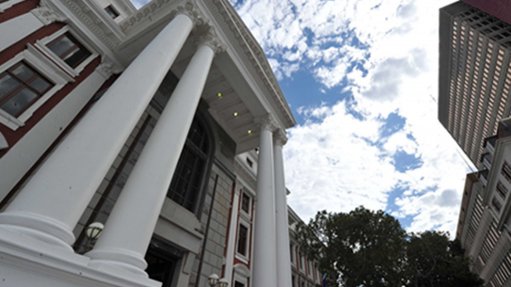
The Portfolio Committee on Trade and Industry noted with concern that the growing market of the second hand tyre industry remains unregulated, possibly adding to tyre-related accidents on South African roads.
“Everyone remains concerned about road accidents in the country. The safety of our citizens comes first,” said Ms Joanmariae Fubbs, Committee Chairperson. The Committee yesterday received a briefing from the South African Tyre Manufacturers Conference (SATMC), the South African Gaming Manufacturers Association, Tevo, South African Association of Freight Forwarders and the National Regulator of Compulsory Specifications (NRCS) on the effectiveness of the processing of Letters of Authority by the NRCS.
Members of the Committee had been raising concerns about the balancing of the protection of South African citizens against the need to reduce red tape for doing business. The purpose of this meeting was to determine how efficient the NRCS’s system of processing LOAs is. The Committee heard that second hand tyres represent a very serious road and consumer safety risk. Combined with imported second hand tyres, an estimated 1.5 million tyres enter the South African market. These tyres are taken from new sales and this would add more than 10% of new tyre sales to the tyre industry.
The SATMC informed the Committee that there was a national economic imperative and public interest for the formulation of a part-worn standard for second hand tyres. They said its introduction could significantly contribute to improving the regulated sale of second hand tyres, reduce the size and proliferation of the illicit market and illegal imports, create a fair playing field between domestic manufacturers and legally compliant importers and domestic resellers of compliant second hand tyres and contribute meaningfully to improve road safety and consumer protection.
The SATMC recommended the development of a local tyre testing facility. They emphasised that the NRCS and South African Bureau of Standards (SABS) required urgent collaboration and commitment to finding a solution for local impartial testing. Committee members also expressed concern about tyres entering the country as a safety buffer for second hand cars being imported to neighbouring countries, then ending up on the South African market. In most cases, such tyres are not conducive to South Africa’s weather conditions.
Stakeholders called for the review of the NRCS’s legislation and a shorter turnaround time for historically compliant businesses, as this negatively impacted on the cost of doing business by lengthening the time from manufacture to market. The committee noted the concerns of stakeholders but expressed reservations about the safety of citizens from non-compliant products.
Issued by Parliament of South Africa